Food Protein Induced Enterocolitis Syndrome (FPIES)
Pediatric EM Morsels
JUNE 2, 2023
Today we are talking about a rare disease called FPIES (food protein induced enterocolitis syndrome) and how you might encounter these patients in the Pediatric Emergency Department. Patients with FPIES can have marked dehydration due to vomiting and diarrhea, even to the point of hypotension! Volume Status?!


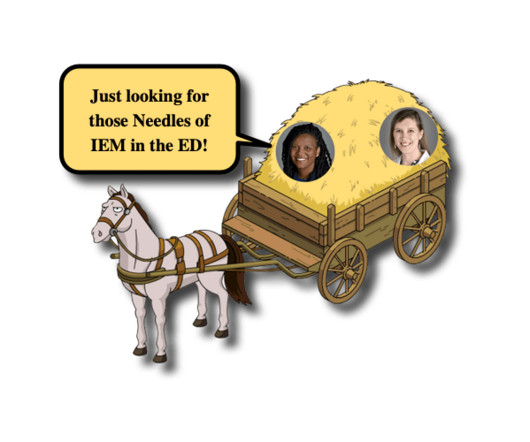

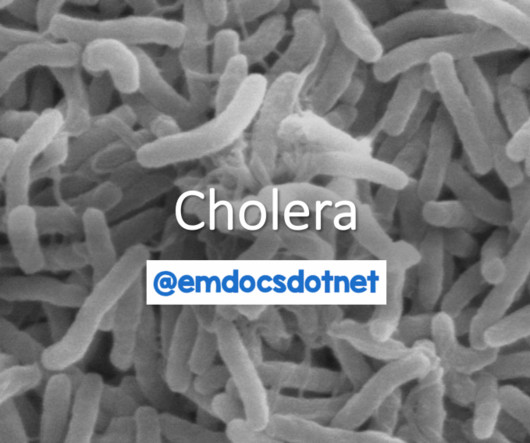

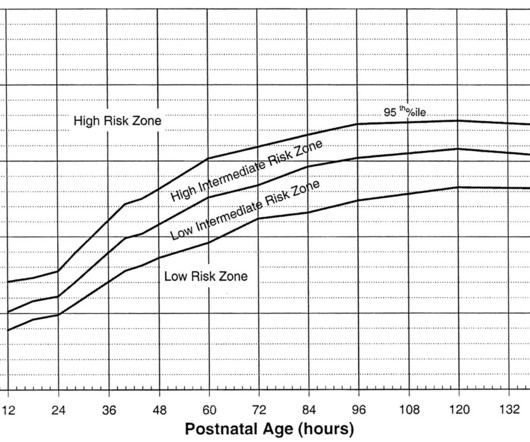
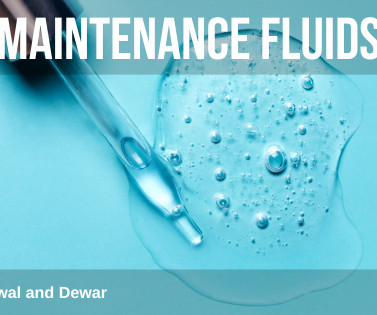


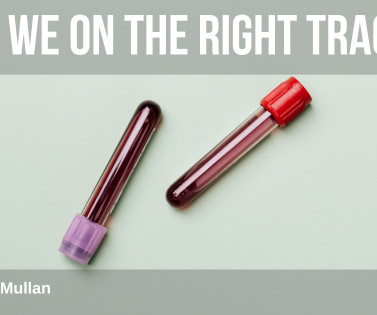
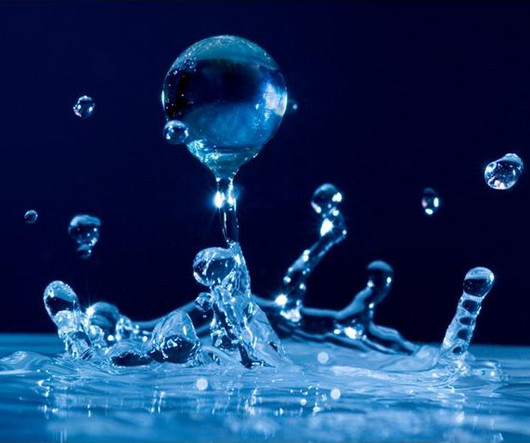
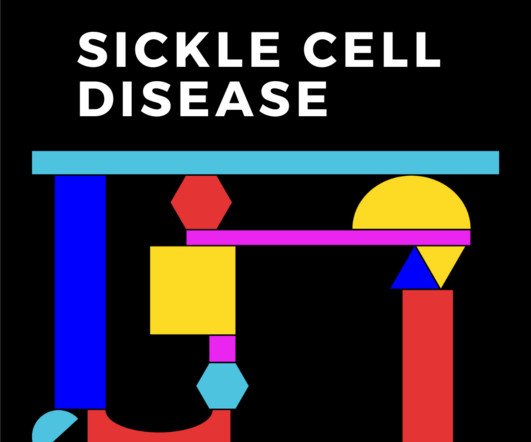
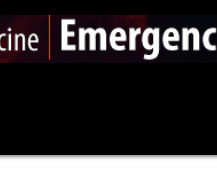








Let's personalize your content